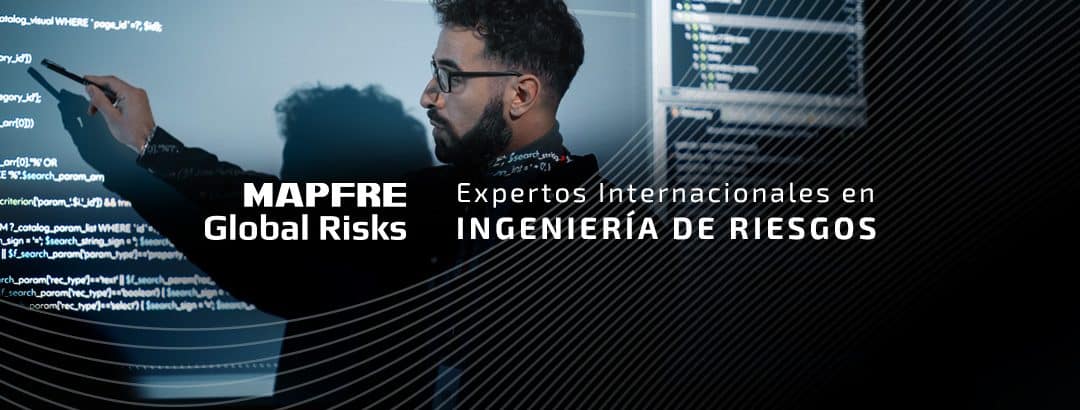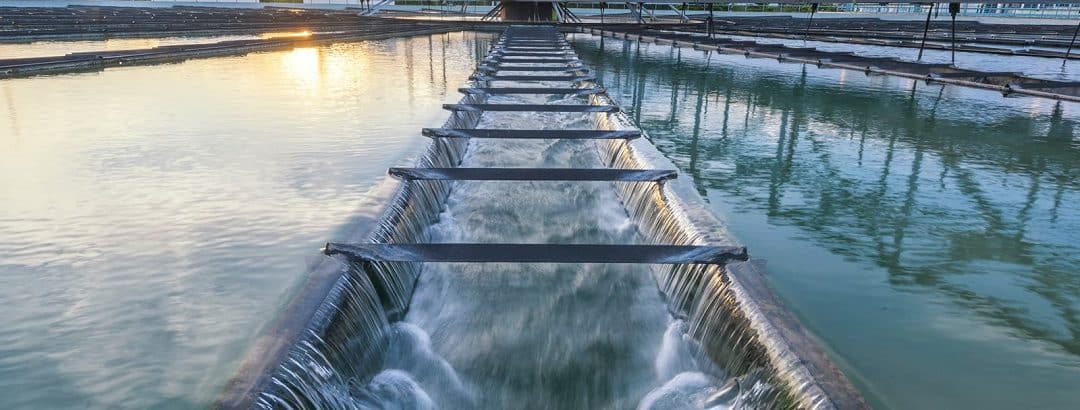Cristina Leon Vera | 28/11/2023
Lithium is a fundamental material for the manufacture of electric batteries and, therefore, it is an essential resource to complete the energy transition of global transportation. Experts tell us about the future of this technology and the challenges of a core industry for sustainable mobility.
The Strategic Projects for Economic Recovery and Transformation (PERTE [Proyectos Estratégicos para la Recuperación y Transformación]) deployed in Spain have provided a favorable framework for the development of the Lithium industry in the region and have shaken up the battery market with very positive results. “The value chain has been strengthened in several of its elements (power electronics, integrators, control systems, etc.) in order to support this deployment. These programs have led project developers to join the race to capture network access points,” explains Eugenio Domínguez, Vice President of AEPIBAL.
“Over the last two years, several projects have been presented for the installation of large battery factories in Spain. The viability of these projects and others that have not yet been consolidated will depend on the availability of adequate financing to make them competitive with other countries,” adds Luis Manuel Santos, Chairman of BatteryPlat. These initiatives are based on the country’s automotive industry and the potential lithium deposits in mainland Spain, even though “between the extraction and final assembly of the battery, there are other stages of value that, to date, are completely dominated by Asian countries,” Santos emphasizes.
A complex technological landscape
Innovation in lithium-ion technologies is attracting increasing interest, particularly in the field of long-life storage, where flow techniques, compressed air, and new battery chemistries are being developed. The subfamily that has shown the most relevant advances in 2022 was solid-state, with over 2,800 patents, most of them from Asia. “Only 9% of companies came from the United States and 5% from Europe. This technology uses a solid electrolyte instead of the liquids in conventional batteries, and can offer potential solutions to many of the problems of liquid lithium-ion batteries, such as flammability, high cost, or low energy density,” says the Chairman of BatteryPlat.
It is precisely this dependence on the outside world, both for critical raw materials and developed technologies, which represents one of the main challenges identified by the European Commission for the industry. “Two regulatory proposals are being developed to address these challenges: the European Critical Raw Materials Act and the Net Zero Industry Act. The measures contemplated in those proposals will offer opportunities for Spanish companies to accelerate the development of their own technology and successfully overcome this challenge,” Santos says. AEPIBAL also points to demonstration projects such as Grid Forming, which “will allow storage to function by providing real inertia to the electricity system and, consequently, reliability, stability, and integration of renewables into the system.” Moreover, they urge the “improvement of the national industry to provide a technical and productive response to this market as a unique opportunity of extreme potential, which can turn us into leaders as has happened in the past with the development of renewable energies.”
For this progress to be made firmly, a regulatory evolution is also necessary. “Barely four years ago, storage was not even considered as an element of the electricity system and, therefore, was unable to operate in the markets. Great progress has been made in the last year, but it has not been completed. The revision of the detailed specifications for access and connection is pending, in order to ensure that the duality of storage as generator/consumer is reflected and that it does not compete with generation sources in access to the grid, given its complementary nature to renewable energies. Topics such as the capacity mechanism are still under development, becoming a barrier to the massive and cost-effective deployment of storage,” says Eugenio Domínguez.
Advancing alongside sustainability
Sustainability is not only an objective of the global energy transition, but also a prerequisite for its progress. “The lithium industry is only going to be viable, both economically and socially, if it is coupled by circularity. Reusing materials, minimizing waste, and searching for batteries are crucial for sustainable development, with the double meaning of the word: from an environmental and economic point of view,” says the Vice President of AEPIBAL. This circular economy is essential both because of the limited amount of resources and because of their difficulty and cost of extraction. “Projects are already underway for the actual deployment of battery recycling, use of automotive batteries in stationary systems, and material extraction, which we will see in operation very shortly,” he adds.
Batteryplat has a working group that seeks to promote projects that achieve an optimal and adequate reuse of batteries, increasing their useful life and encouraging eco-design as a key tool. This will allow us to implement, “in batteries that are currently in the design phase, the concepts of reuse and recycling, in addition to promoting new systems for the recycling and recovery of raw materials present in the batteries,” its Chairman concludes.
Article contributor:
Eugenio Domínguez, Vice President of AEPIBAL. He studied Telecommunications Engineering at the University of Seville. In 1999 he joined the University of Seville’s Electronic Technology group as a researcher, leading since 2005 the laboratory for the Development of Power Systems for the Integration of Renewable Energy Systems, researching and developing the basis of solutions for storage integration. A natural-born entrepreneur, he has developed and been part of six business initiatives.

Luis Manuel Santos, Chairman of BatteryPlat. Industrial Engineer specializing in Electrical Engineering from the Higher Technical School of Industrial Engineers of Gijón at the University of Oviedo, and a Master’s Degree in Business Administration from the Instituto Universitario de la Empresa (University Business Institute).
He is currently Director of Innovation (R&D+i) within the Environment, Sustainability, Innovation, and Climate Change Department of EDP España.






